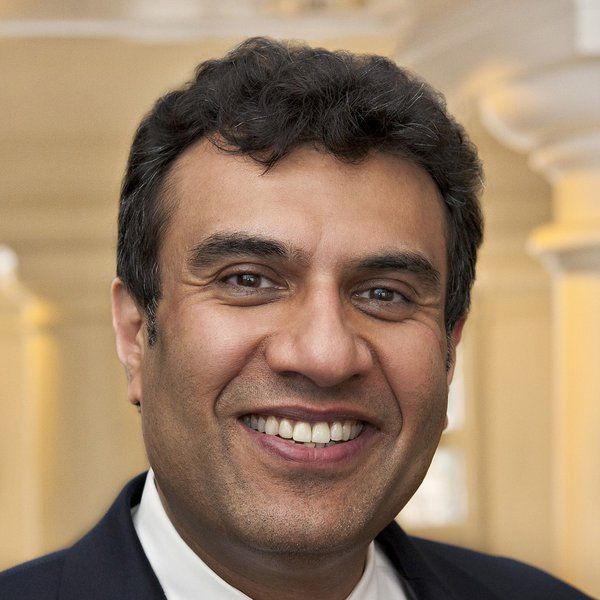Article
Darryl Sleep, MD: Treating for Longer, Improved Life
Author(s):
How cardiologists have forged the often different goals of improving patients' life expectancies, with improving their quality of life.
A slew of new data from the American Heart Association (AHA) 2019 Scientific Sessions in Philadelphia highlights proven therapies’ benefits for improved patient quality of life—in metrics including symptom relief, reduced healthcare costs, and so on.
An equal rate of data from AHA 2019 highlights newer therapies’ capability to prolong patient life, through measures of reduced risk for major adverse cardiovascular events and hospitalization rates.
On paper, there seems to be a balance being understood—that measures for reduced mortality and improved patient wellbeing are equally valid. Whether it’s a perfect balance is debatable.
In an interview with MD Magazine® while at AHA 2019, Darryl Sleep, MD, Global Medical and Chief Medical Officer of Amgen, considers the evolving valuation of prolonged life and improved life in cardiovascular care.
MD Mag: Are efforts to improve patient life duration, as well as their quality of life, progressing harmoniously in cardiology?
Sleep: That's a very insightful question. And I'd say, I think—perhaps this is a personal perspective here, but the desire to live longer and to have as long a life as possible in the past has maybe trumped or overshadowed the importance of quality of life, living well.
I think there have been some instances—and perhaps maybe in the oncology space more than anywhere else—where we've treated patients to the point where while the treatment may be prolonging life, it is contributing to a diminution in the quality of life.
That said, I think from a cardiovascular perspective, we have some tools at our disposal where we've got great effectiveness with side effects that are acceptable, and the majority of treatment options available are well-tolerated for the most part, and you can certainly tailor treatment to the patients such as they are with minimal side effects.
And by reducing the risk of future cardiovascular events, we are likely to then be in parallel reducing the heart outcome and improving quality of life. That may not be true for every patient in every condition, and maybe not in heart failure, but I think for the most part these treatment options are in fact running in parallel.
But a lot of the focus that we're going to be looking at here is that we need to be cognizant of what's important to the patient. And the only way we really know that is by reaching out to patients ourselves and asking what's important.
I think, for many years, we've relied on the prescribing physician or the experts in the field to talk on behalf of the patients. And that's not really valid anymore.


























